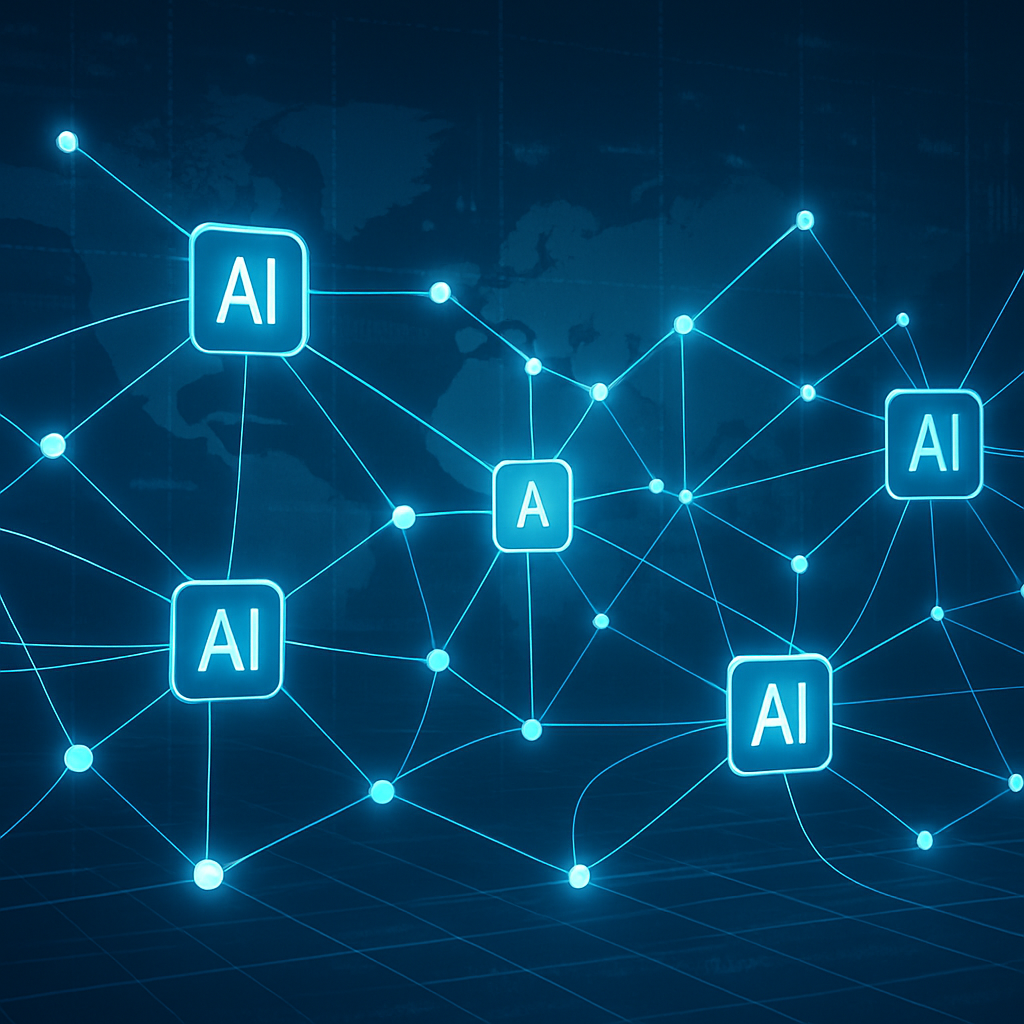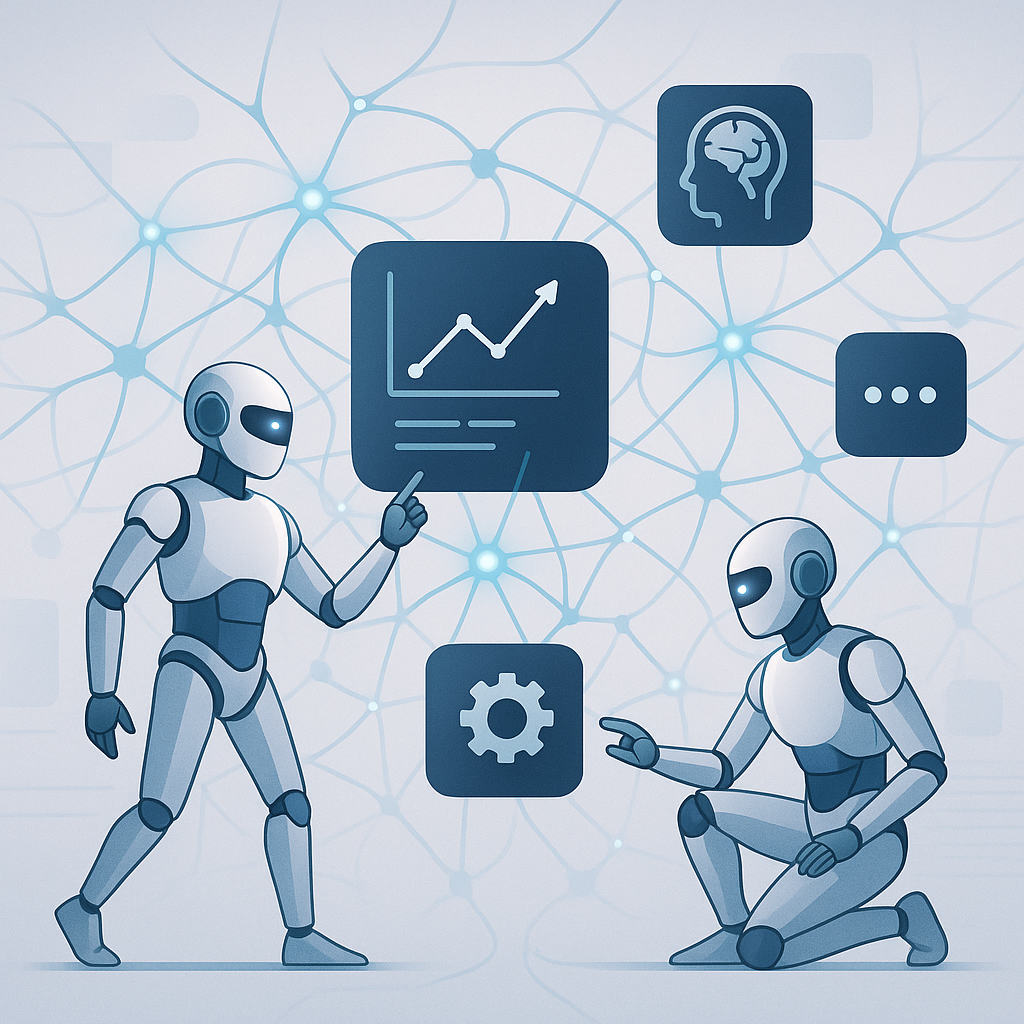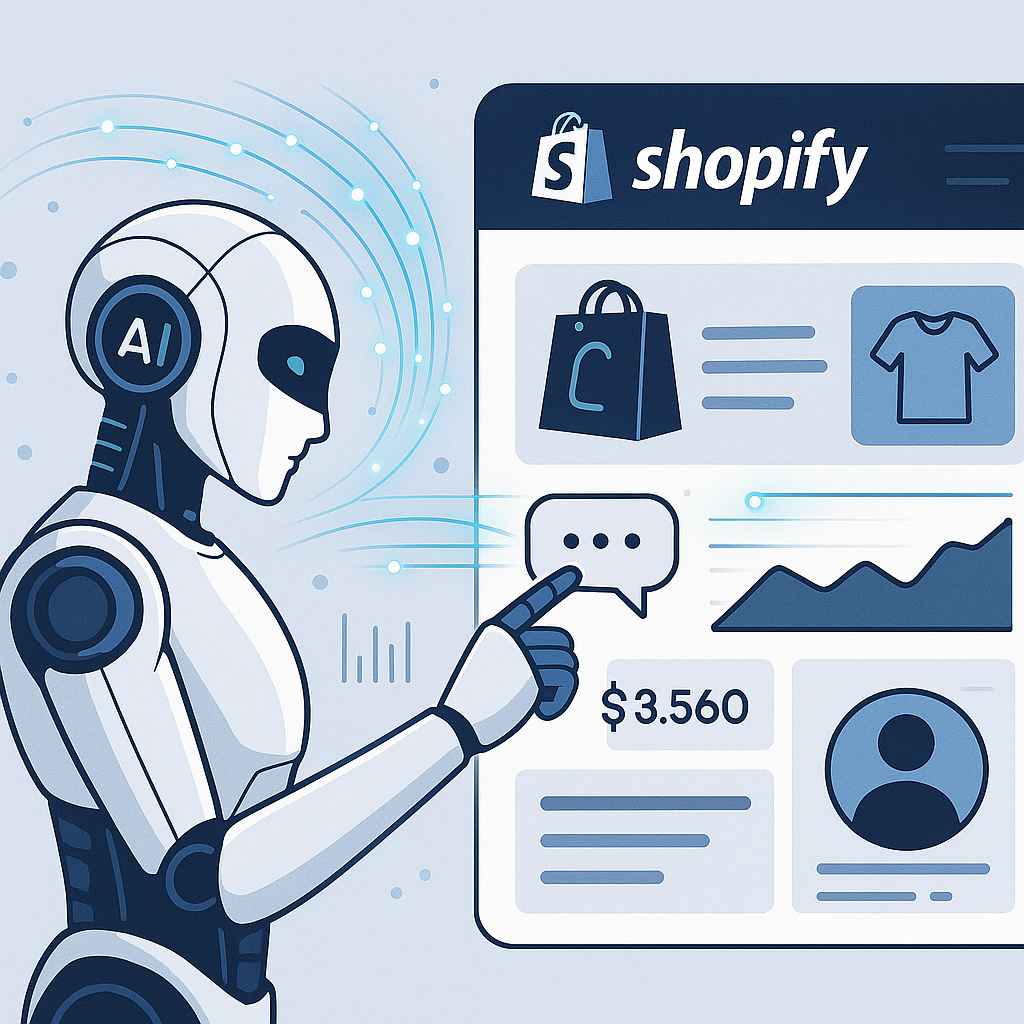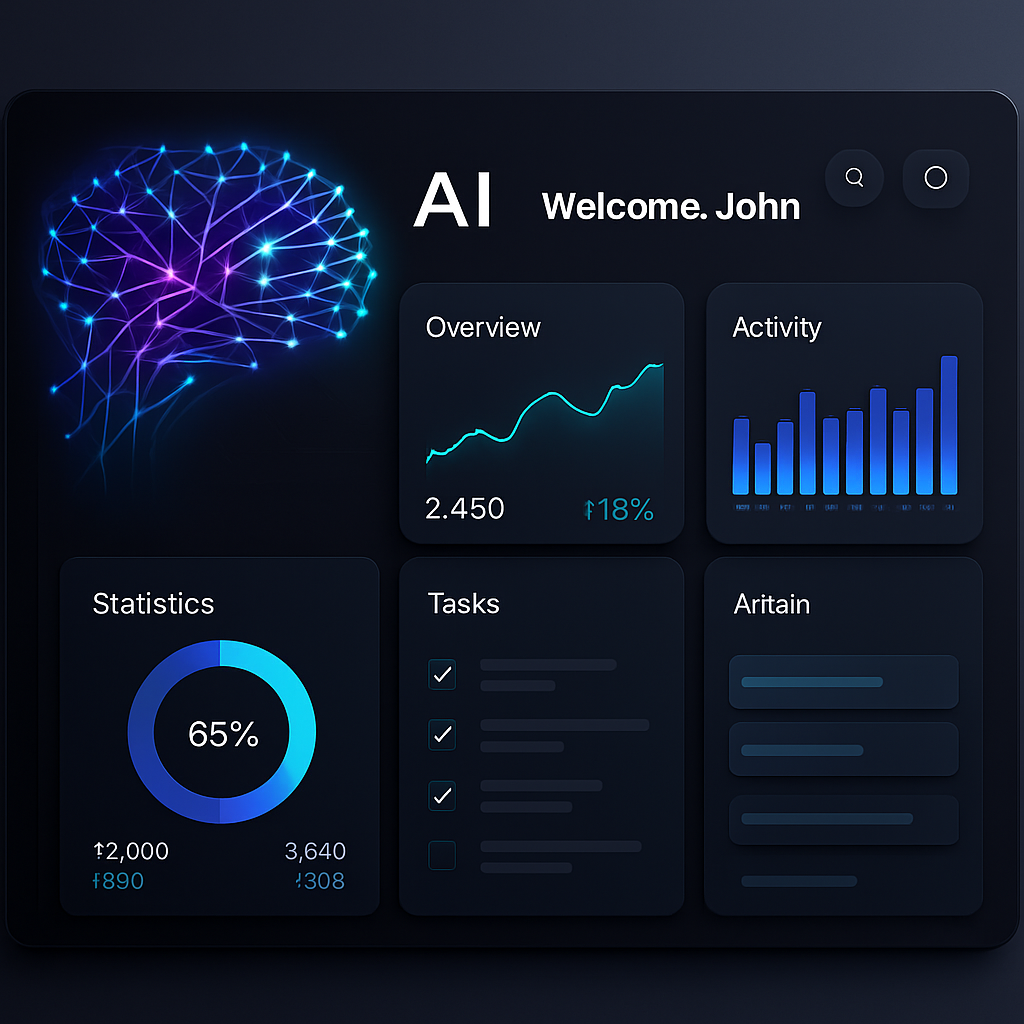
AI-Powered Autonomous Agents Transforming Complex Decision-Making
Understanding Autonomous Agents in artificial Intelligence
In the rapidly evolving landscape of artificial intelligence, an agent refers to a system capable of perceiving its environment, interpreting input, and taking actions to achieve predefined objectives. Autonomous agents go a step further: they operate independently, adapting to dynamic conditions without continuous human oversight.
Since the concept’s inception, these agents have evolved from simple rule-based bots to sophisticated AI-powered entities employing advanced machine learning, natural language processing, and real-time decision-support capabilities. By 2025, autonomous agents have matured into pivotal enablers of complex decision-making systems, interacting seamlessly within multifaceted environments.
Complex Systems Defined: The Decision-Making Challenge
Complex systems are characterized by numerous interconnected components exhibiting unpredictable and emergent behaviors. Examples abound—from global supply chains and financial markets to smart grids and autonomous transportation networks. Decision-making within these systems involves processing vast volumes of data, balancing competing objectives, and reacting to rapid changes, often under uncertainty.
Traditional decision-making frameworks struggle with such complexity due to limited scalability and static modeling. This is where AI-powered autonomous agents excel, leveraging adaptive learning and decentralized control to enhance responsiveness and resilience.
AI-Powered Autonomous Agents: Revolutionizing Decision Processes
Real-Time Adaptive Decision-Making
Autonomous agents continually gather environmental inputs through sensors, data feeds, or digital interfaces. Using AI models—particularly reinforcement learning—they evaluate various strategies, choosing optimal actions in real-time. For example, in smart energy grids, agents manage distributed resources like solar panels and batteries, dynamically balancing supply and demand while anticipating failures or market shifts.
Distributed Cooperation and Swarm Intelligence
Rather than a centralized controller, multiple autonomous agents collaborate, sharing information and coordinating actions. This distributed intelligence mirrors natural swarms, enabling fault tolerance and scalability. In logistics, fleets of delivery drones or vehicles operate as cooperative agents, optimizing routes collectively to reduce delivery times and energy consumption.
Context-Awareness and Intent Recognition
Modern agents incorporate contextual understanding, interpreting nuanced variables such as user behavior, environmental conditions, or regulatory constraints. For instance, ai agents supporting financial trading adapt strategies based on geopolitical events or sentiment analysis, improving decision accuracy and risk management.
Practical Applications Across Industries
Healthcare Systems Management
Hospitals deploy autonomous agents to optimize patient flow, resource allocation, and emergency response. Agents analyze live data from medical devices and staffing schedules to predict bottlenecks, enabling proactive interventions that enhance patient outcomes.
Autonomous Transportation Networks
Self-driving vehicle systems rely on autonomous agents for navigation, hazard detection, and traffic coordination. By communicating with infrastructure and other vehicles, these agents improve safety and reduce congestion dynamically.
Environmental Monitoring and Disaster Response
Autonomous agents collect and analyze data from sensor networks monitoring air quality, seismic activity, or wildfire risks. Their decision-making supports early warnings and orchestrated responses, minimizing damage and saving lives.
Key Benefits Driving Adoption
- Efficiency Gains: By automating decisions that require rapid, high-volume processing, autonomous agents reduce response times and operational costs.
- Scalability: Distributed agents operate seamlessly across expanding system components, enabling growth without proportional increases in overhead.
- Robustness and Resilience: Decentralized control ensures that failures or errors in one agent do not cripple entire systems.
- Continuous Learning: Agents improve over time by assimilating new data and outcomes, adapting to evolving environments and challenges.
Challenges and Considerations in 2025
Despite advances, integrating AI-powered autonomous agents into complex systems presents challenges. Ensuring trustworthiness and explainability is critical, especially in domains like healthcare or finance, where decisions carry significant consequences. Interoperability between heterogeneous agents and safeguarding against adversarial manipulation require ongoing research and standards development.
Moreover, ethical considerations surrounding autonomy, accountability, and decision bias remain center stage, necessitating multidisciplinary collaboration to balance innovation with responsibility.
The Future Horizon: Toward Hyper-Autonomous Systems
Looking forward, we anticipate an era where autonomous agents not only operate within but also co-design complex systems, dynamically reshaping architectures to optimize collective goals. Advances in hybrid AI, combining symbolic reasoning with machine learning, promise even greater transparency and adaptability.
As AI-powered autonomous agents continue revolutionizing decision-making, their role will be pivotal in addressing some of the 21st century’s most formidable challenges—enabling smarter, safer, and more sustainable systems worldwide.
Conclusion
The rise of AI-powered autonomous agents represents a paradigm shift in managing complexity. Their capacity for autonomous, adaptive, and collaborative decision-making reshapes how we conceive intelligent systems. In 2025, embracing this transformative technology offers unprecedented opportunities to unlock efficiency, resilience, and innovation across diverse sectors, fundamentally redefining our approach to complex challenges in the digital age.







